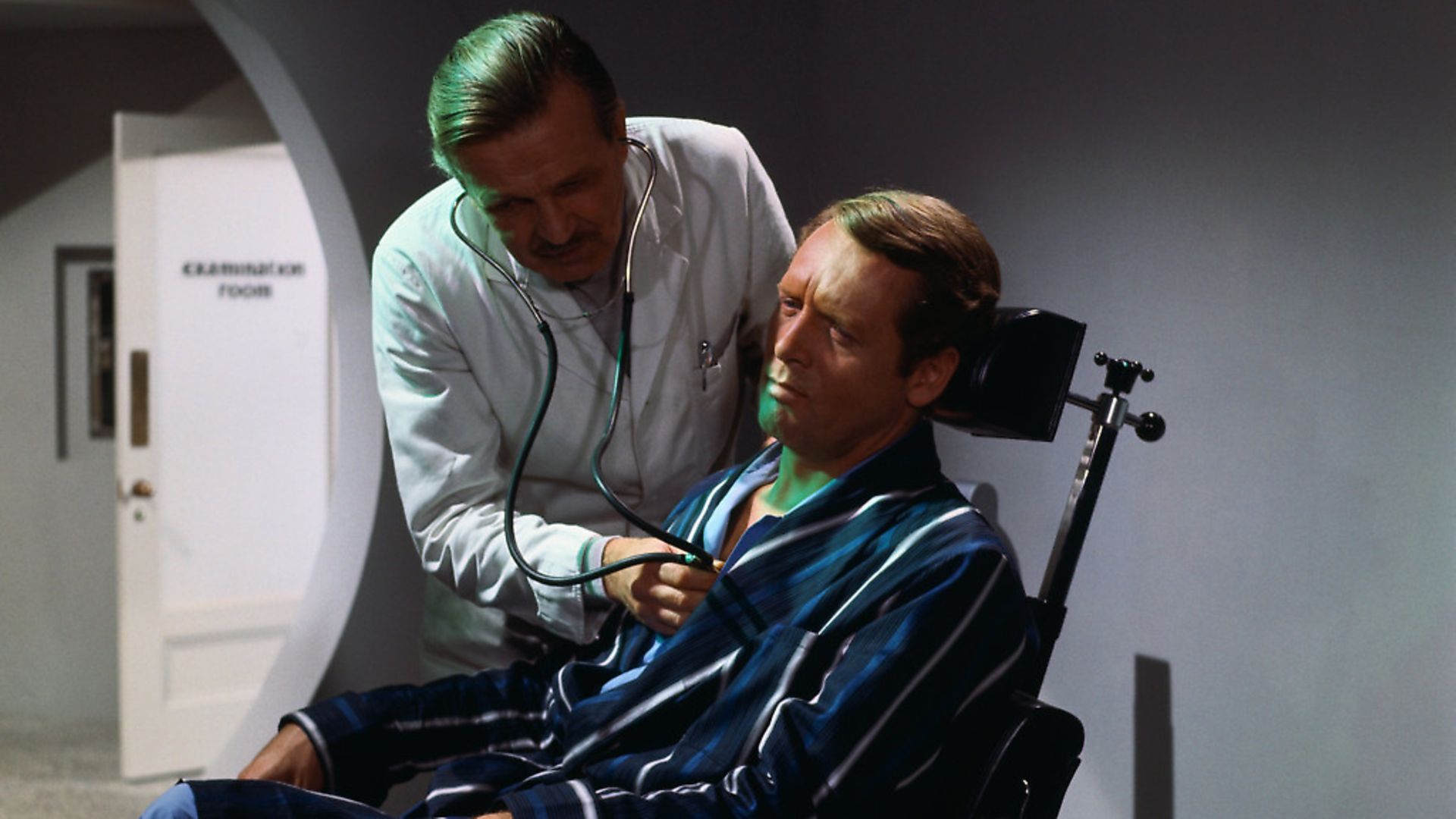
MITCH BENN reflects on his childhood television habits as streaming giants prepare to reboot old favourites.
If the current (and yes it is still current, whatever the government says) pandemic has benefitted one industry more than any other, it has to be the burgeoning TV streaming sector.
I’ve heard some people opine – probably in jest, but who can tell these days – that the Disney mega-corporation’s launch of its own Disney+ service was so immaculately well-timed as to be almost suspicious.
For what it’s worth, I myself finally yielded and ponied up for Disney+ mainly in order to see The Mandalorian, the first live action Star Wars show. It’s a glorious hybrid of space opera, gunslinger and samurai tropes and probably the best thing to emerge from the Galaxy Far, Far Away since the Empire Struck Back.
I also succumbed to the lure of BritBox, which made the news recently when it was announced that the revived Spitting Image would debut there rather than on ‘regular’ TV (hi guys; who’s writing the songs? Call me).
In that instance the factor that swung it was when I noticed that BritBox was offering all – or at least, all that still exists – of ‘classic’ Doctor Who.
I’ve been having a bit of a nostalgic wallow, rewatching vaguely remembered episodes from my childhood and indeed filling in gaps in my Who education – there are still quite a few stories from before my era (basically anything pre-Tom Baker) which I’ve never seen.
Recently, BritBox acquired another bunch of old cult sci-fi and fantasy series, including Sapphire & Steel (which you may remember I wrote about here a month or so ago), and, in particular, a show with which I have all sorts of associations, The Prisoner.
It is perhaps odd that The Prisoner has such a nostalgic hold over me given that it was made and broadcast a couple of years before I was born (1967-68); it was, however, repeated on Channel 4 in the early 1980s and I became a bit obsessed with it for the rest of my teenage years.
It was my first foray into fandom, that is to say, being the sort of fan who goes to conventions and joins ‘appreciation societies’ (not ‘fan clubs’, I’ll have you know).
The show seems to have become something of a buried race-memory in pop culture terms; most people seem at least dimly aware of it even if they’ve never seen it. I’ll be fascinated to see how it’s received if its new availability brings it a fresh generation of fans.
The Prisoner is both ahead of its time (its limited 17-episode run makes it a prototype boxset show) and utterly of its time: it begins as an Avengers-ish quirky 1960s spy show before descending so completely into surreal psychedelia that one might suspect copious amounts of LSD to have been involved, were it not for the fact that its star and co-creator Patrick McGoohan was legendarily way too uptight to be dabbling in that sort of thing (he’d turned down James Bond because he disapproved of Bond’s promiscuity).
The story concerns a secret agent type who quits in a huff and is immediately abducted and confined in a bizarre chocolate box ‘village’ (as portrayed by the North Wales holiday resort of Portmeirion), where he is designated Number 6.
It’s plainly a political allegory for something, even if it’s never been entirely clear what. The Prisoner is one of those stories which seems to reflect the watcher’s own views back at him.
It’ll be interesting to see if the paranoid libertarian ‘red pill’ crowd latch onto it; it could certainly be interpreted that way, although it could just as easily be regarded as a warning against the kind of groupthink that they themselves fall into, even if they’re not aware of it.
Perhaps it’s the ultimate Remainer show; the lone voice of sanity raging against blissed-out compliance with shadowy authority. Maybe not.
When I was a weird misfit kid back in the 1980s, I guess The Prisoner had the same sort of reassuring effect on me that David Bowie had had on the previous generation of weird misfit kids in the 1970s.
To me The Prisoner was about how it’s okay not to fit in. How when you find yourself a square peg in a round hole, then it’s just as likely that it’s the hole that’s the wrong shape as it is that you are. The show’s fandom gave me a way, back in the pre-internet days, of gravitating towards other weird misfits so we could all happily not fit in together.
And as I got older and matured from a weird misfit kid into a weird misfit adult, and realised that maybe the whole weird misfit thing wasn’t a phase after all, I’ve looked back with fondness and gratitude that a bit of odd 1960s TV esoterica saw me through what might otherwise have been an even more awkward adolescence.
Now if I can just find something to help me through my awkward adulthood, I’ll be laughing…










